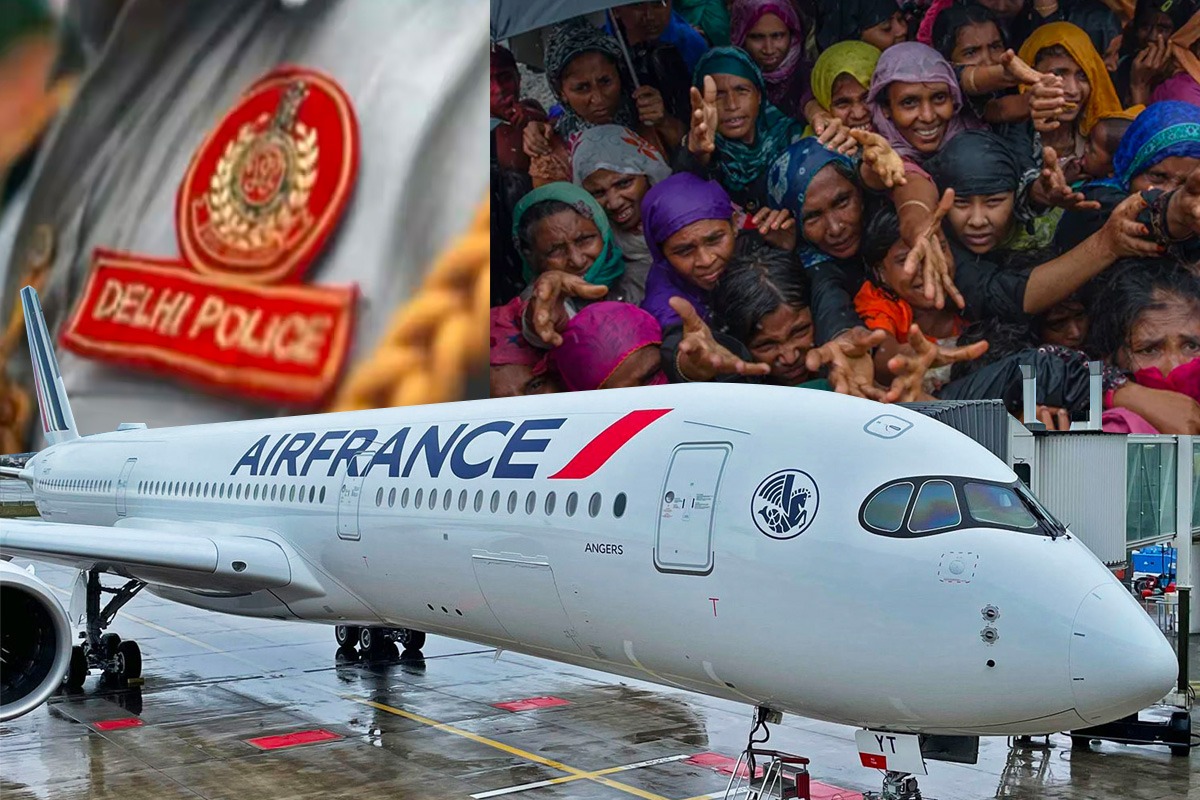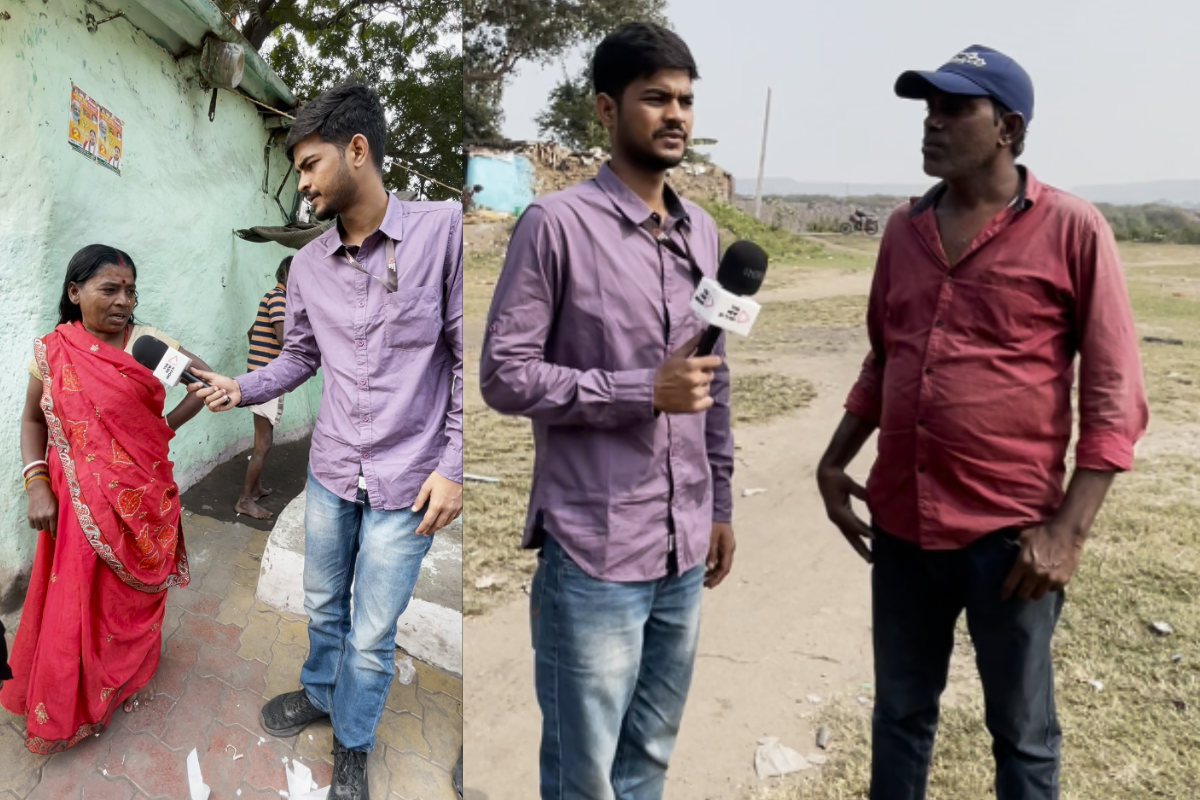
The incident, which occurred on December 25, 2023, has exposed the vulnerability and the exploitation of the victims, the complicity and the greed of the perpetrators, and the challenges and the responsibilities of the authorities.

The recent episode of the chartered aeroplane with over 276 Indians detained in France over a human trafficking probe has once again brought to light the grim reality and the global menace of this heinous crime. The incident, which occurred on December 25, 2023, has exposed the vulnerability and the exploitation of the victims, the complicity and the greed of the perpetrators, and the challenges and the responsibilities of the authorities. The incident has also highlighted the need and the urgency for a coordinated and comprehensive response to prevent and combat human trafficking and to protect and assist the survivors.
The Indian Embassy in France thanked the French government and the Vatry Airport authorities for their cooperation and worked closely with them for a safe return of the citizens. Special administrative care was provided for a 21-month-old child and 11 unaccompanied minors among the passengers. Of the original 303 people on the passenger list, 276 were on the plane that took off from France to India on December 27, 2023.
Human trafficking is a grave violation of human rights and human dignity, and a serious threat to human security and human development. It is a complex and multifaceted phenomenon, involving various actors, methods, and motives. It is also a lucrative and criminal enterprise, generating billions of dollars in illicit profits for the traffickers, who use deception, coercion, and violence to exploit their victims for various purposes, such as forced labour, sexual exploitation, organ harvesting, or begging. According to the International Labour Organization, there are an estimated 40.3 million victims of human trafficking globally, of which 71% are women and girls, and 25% are children. India is one of the source, transit, and destination countries for human trafficking, with thousands of people, especially from the marginalized and vulnerable sections of society, being trafficked within and across the borders every year.
The chartered aeroplane incident is a wake-up call for the international community and the national governments, which need to take a serious and holistic view of the human trafficking problem and take effective and timely measures to address it. The international community needs to strengthen the legal and the normative framework and enhance the cooperation and coordination among the various stakeholders, such as the UN agencies, the regional organizations, the civil society groups, and the private sector, to prevent and combat human trafficking, and to protect and assist the survivors.
The national governments need to implement and enforce the laws and policies, allocate the resources and the capacities, to deal with the human trafficking cases, and provide legal, medical, psychological, and social support to the survivors. The root causes and the risk factors of human trafficking need to be addressed, such as poverty, inequality, discrimination, violence, corruption, and lack of opportunities. The human rights and the human development of the people, especially women and children, who are the most vulnerable and the most affected by this crime need to be promoted too.
The chartered aeroplane incident is a reminder and a warning for humanity, which needs to act with compassion and solidarity and stand against the injustice and oppression of human trafficking. Humanity needs to recognize and respect the dignity and the equality of every human being, and to uphold the values and the ideals of freedom and democracy. Humanity needs to end human trafficking and restore human dignity.
